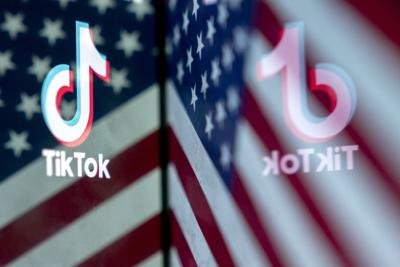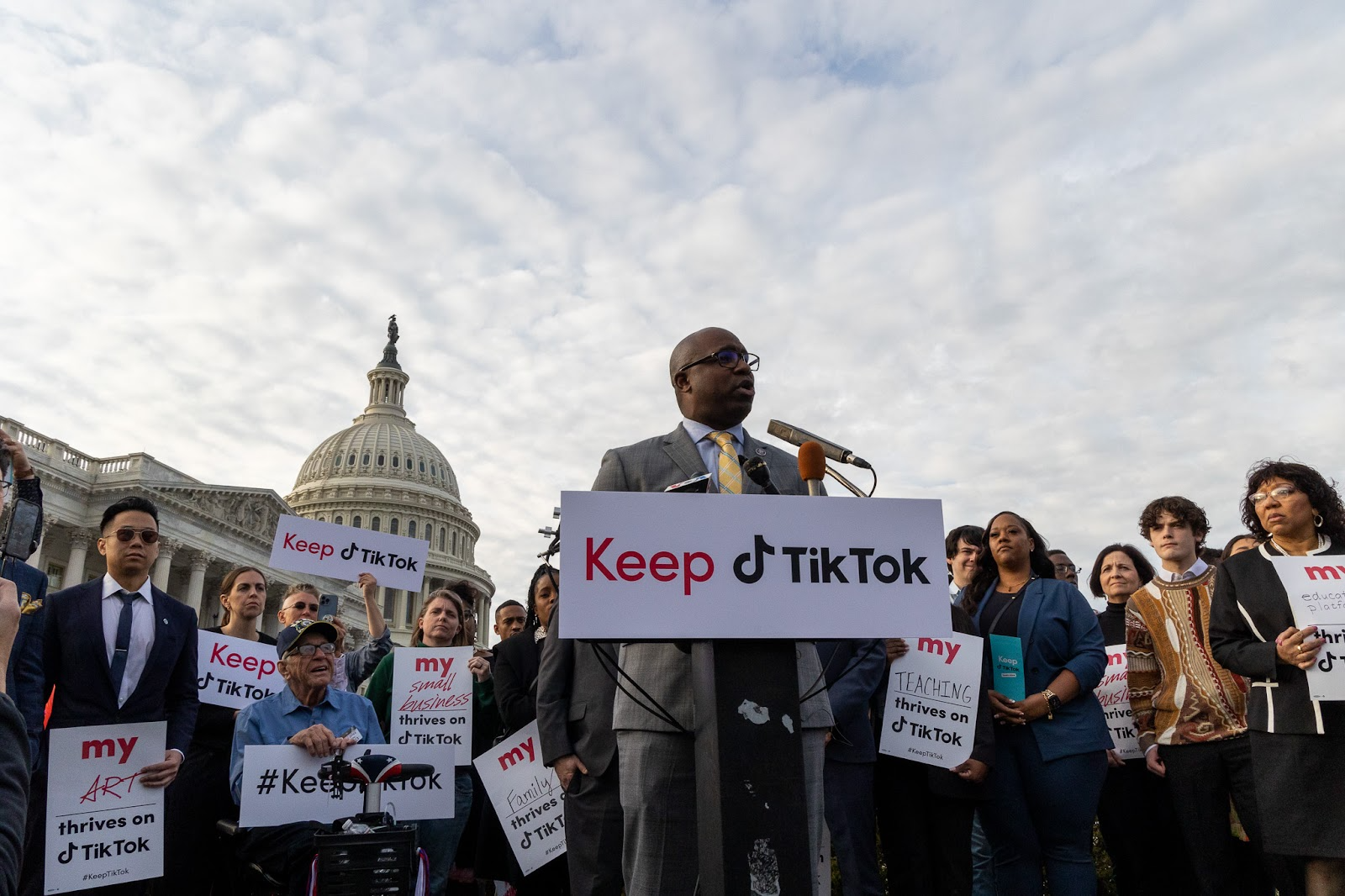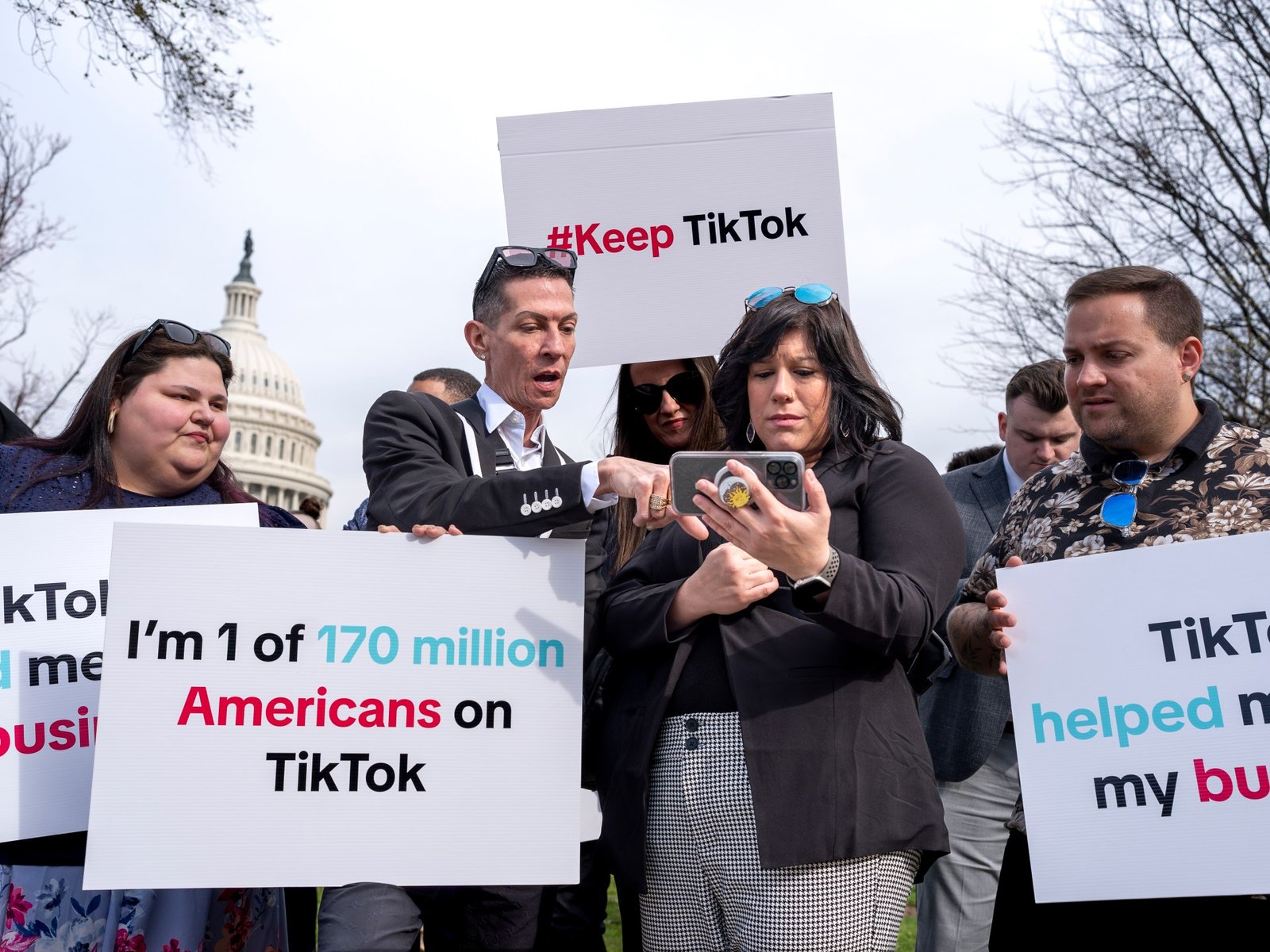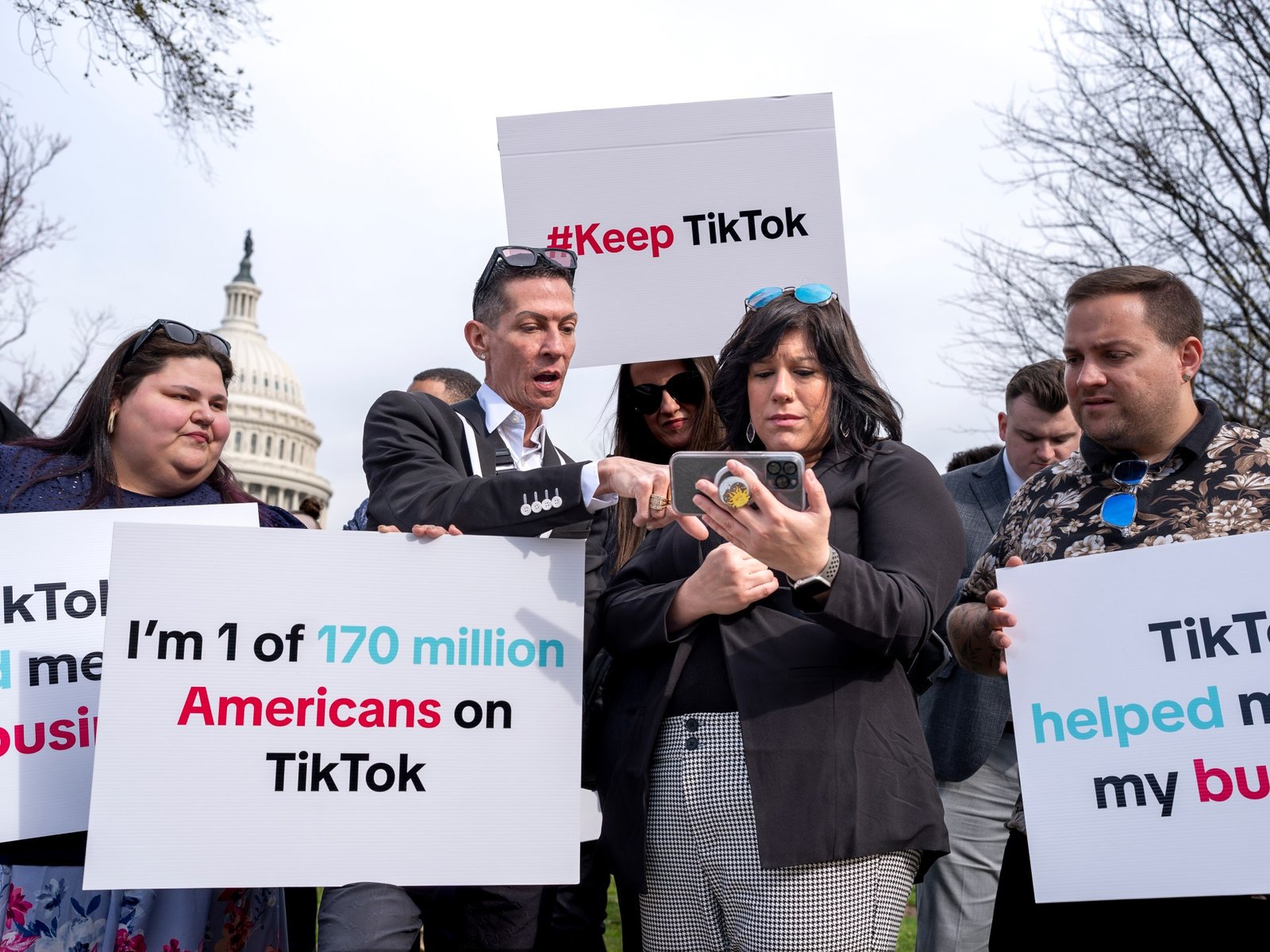
The social media landscape is facing a seismic shift as TikTok, the immensely popular video-sharing platform, stares down the possibility of being banned in the United States. The U.S. government has mandated that ByteDance, TikTok’s Chinese parent company, divest its U.S. operations by January 19, 2025. Failure to comply with this order could result in TikTok being permanently blocked in the country. This decision stems from national security concerns, particularly fears that American user data could be accessed by the Chinese government.
The situation has raised pressing questions about privacy, tech regulation, and even the future of global diplomacy, as TikTok’s fate now hangs in the balance. Millions of American users, including content creators, small business owners, and everyday individuals, are left wondering what comes next for the platform they’ve grown to love.
Why Is TikTok Facing a Ban?
TikTok’s troubles in the U.S. began years ago when lawmakers started voicing concerns over its ownership. At the heart of the issue is ByteDance’s ties to China, where strict national security laws give the government the authority to access company data if deemed necessary.
TikTok collects a wide range of user information, including browsing habits, location data, and biometric identifiers like facial features. While TikTok has repeatedly claimed that U.S. data is stored domestically and managed independently, these assurances have not been enough to allay fears in Washington.
The Biden administration’s ultimatum for ByteDance to sell its U.S. operations builds on efforts that began during the Trump administration. Lawmakers and intelligence officials argue that, as long as TikTok remains under Chinese ownership, the risk of user data falling into the wrong hands cannot be ignored.
The Legal and Political Battle
TikTok’s potential ban has made its way to the U.S. Supreme Court, where justices are weighing whether such a move aligns with constitutional rights, including freedom of speech. Supporters of TikTok argue that banning the app would stifle creative expression and set a dangerous precedent for government interference in private businesses.
On the other hand, proponents of the ban see it as a necessary step to protect national security. They point to TikTok’s immense influence and its ability to shape public discourse, particularly among younger audiences. The U.S. government has also cited examples of other Chinese tech companies being leveraged for state purposes as a reason for their aggressive stance.
How TikTok Is Responding
TikTok and ByteDance have taken multiple steps to address these concerns. They have proposed “Project Texas,” a $1.5 billion initiative designed to house U.S. user data on domestic servers managed by Oracle, an American company. Additionally, TikTok has committed to creating a firewall between its U.S. operations and ByteDance’s Chinese headquarters.
Despite these efforts, the U.S. government remains unconvinced, insisting that complete divestment is the only way to eliminate security risks. This has left ByteDance scrambling to find potential buyers for its U.S. operations, though no deal has been finalized as of yet.
Impact on TikTok Users
If TikTok is banned in the United States, the impact will be felt by millions of users. For many, TikTok isn’t just a platform for entertainment—it’s a livelihood. Content creators who rely on the app for their income face an uncertain future, as do small businesses that use TikTok as a cost-effective marketing tool.
“I’ve built my entire business on TikTok,” says Sarah, a small business owner who sells handmade jewelry. “If it gets banned, I don’t know how I’ll reach my customers.”
The ban would also be a blow to TikTok’s vibrant communities, where users connect over shared interests, from cooking and fitness to activism and education. For Gen Z and millennials, in particular, TikTok has become a cultural hub, shaping trends and fostering creativity on an unprecedented scale.
What Happens If TikTok Is Banned?
If TikTok is blocked in the U.S., several scenarios could unfold:
1. Loss of Access: Users would no longer be able to download or use the app, effectively cutting off access to their content and followers.
2. Rise of Competitors: Other platforms like Instagram Reels, YouTube Shorts, and emerging apps like Clapper could see a surge in users looking for alternatives.
3. Economic Consequences: Creators, advertisers, and businesses that rely on TikTok’s reach would have to pivot to other platforms, potentially losing revenue in the process.
4. Ripple Effect on Global Tech: The ban could inspire other countries to impose stricter regulations on foreign-owned tech companies, altering the global digital landscape.
Potential Buyers and Solutions
Amid the uncertainty, several investors and companies have expressed interest in acquiring TikTok’s U.S. operations. Notable figures like Kevin O’Leary and Project Liberty founder Frank McCourt have proposed purchasing TikTok to keep it operational while addressing privacy concerns.
Their vision includes improving user privacy protocols and even introducing monetary incentives for users to share their data voluntarily. However, any potential deal would need to be finalized quickly to meet the looming deadline.
Meanwhile, incoming President Donald Trump has hinted at possibly intervening to delay or block the ban altogether. Once a vocal critic of TikTok, Trump’s new stance could reshape the conversation around the app’s future.
The Broader Implications
TikTok’s plight is about more than just one app; it represents a turning point in how nations regulate technology and data.
For the U.S., this is part of a larger strategy to limit China’s influence in the tech sector. It follows similar actions against Huawei and other Chinese companies accused of posing security risks. For China, the potential ban underscores the challenges its companies face when trying to operate in Western markets.
This situation also raises ethical questions about how much control governments should have over private companies and the balance between national security and individual freedoms.
The Road Ahead
With the deadline fast approaching, TikTok’s fate remains uncertain. ByteDance may find a buyer, satisfying U.S. demands and allowing the app to continue operating in the country. Alternatively, if no deal is reached, TikTok could become the first major social media platform to be banned outright in the United States.
For millions of users, the app has become a part of daily life, a source of income, and a tool for connection. The possibility of losing it has sparked a wave of frustration and anxiety. As negotiations and legal battles continue, the world waits to see how this chapter in the TikTok saga will end.
In any case, the decisions made in the coming days will have far-reaching implications for the future of social media, tech policy, and global relations. Whether TikTok survives or not, this moment marks a critical juncture in the evolving relationship between technology and governance.





